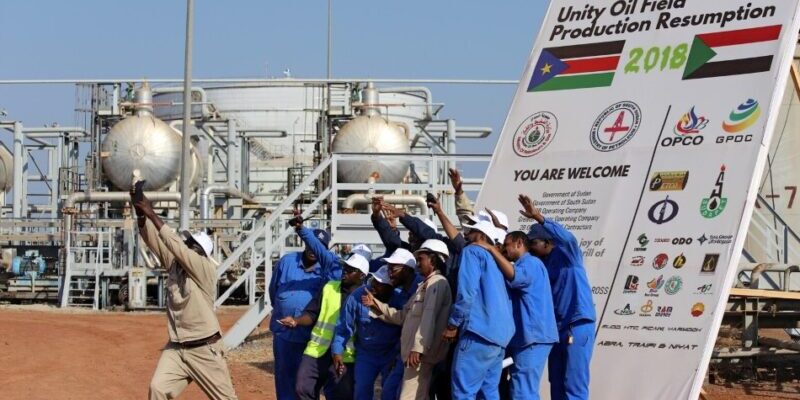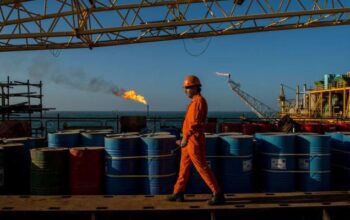South Sudan’s government has directed Dar Petroleum Operating Co. (DPOC) to restart oil production after Sudan reopened its crude export route.
This development comes after months of disruption caused by a pipeline rupture and Sudan’s ongoing conflict.
Oil exports from South Sudan had been reduced by half since February 2023 due to a pipeline rupture, triggered by a diesel shortage needed to dilute the crude.
Crude oil accounts for over 90% of South Sudan’s revenue, making the disruption particularly impactful. The situation was further aggravated by security challenges stemming from Sudan’s civil conflict.
However, efforts by Bashayer Pipeline Co. and coordinated security measures between South Sudan and Sudan enabled the lifting of the force majeure declared in March 2023.
South Sudan’s Ministry of Petroleum, in collaboration with its partners, instructed DPOC to resume oil production starting January 8, according to a letter obtained by Bloomberg.
Speaking in Juba, South Sudan’s Oil Minister, Puot Kang Chol, expressed optimism, stating, “Our D-Day that we have been waiting for is tomorrow.”
DPOC operates Blocks 3 and 7 in partnership with China National Petroleum Company, Sinopec, and South Sudan’s state-owned oil company.
The government plans to ramp up production to 90,000 barrels per day from these blocks within six months, according to the minister.
The pipeline rupture, coupled with insecurity, flooding, and Sudan’s civil war, had significantly delayed repairs.
Sudan’s oil ministry confirmed the pipeline’s repair in October 2023, paving the way for South Sudan to restore production.
Minister Puot Kang Chol commended the teams involved in the pipeline restoration for their dedication, highlighting their efforts to work in war-affected areas.
“For the sake of this country, they went there,” he said, emphasizing the importance of oil revenue to South Sudan’s economy.
This restart marks a critical step toward stabilizing South Sudan’s economic recovery and restoring its vital oil sector.
![]()




